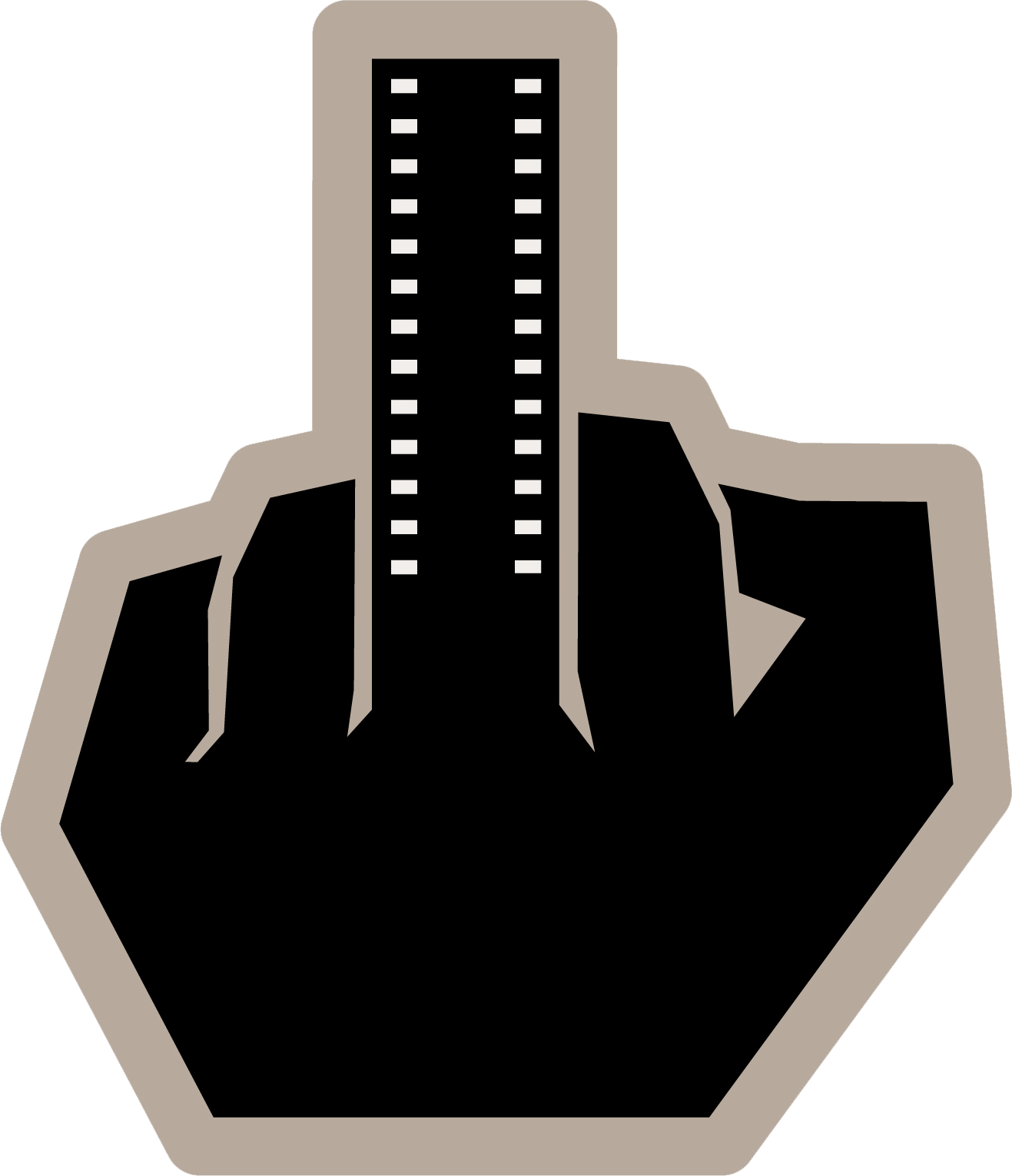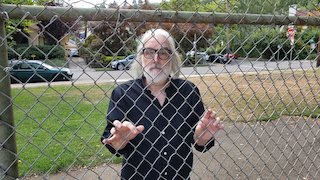“The first draft of everything is shit.” — Ernest Hemingway
Okay this may be a bit extreme, although not having read any of Hemingway’s first drafts, he may be right. My early drafts are not great, but they’re not supposed to be. They serve more as an outline, a rough path for me to move forward.
I don’t understand how some people can think that draft 2 or 3 is good enough. Especially if it’s a screenplay. I think it’s even more important to rewrite and rewrite and rewrite screenplays. You’re going to spend a decent amount of money and have a lot of others involved in the production of your film so why wouldn’t you want to make it the best thing possible.
Some people, especially students, are surprised when I tell them how many drafts I end up doing before I feel a story is finished. I always tell them, “I wouldn’t show draft 5 to my family, and they love me!”
For me it’s all about the rewriting. Okay maybe Hemingway is right on this one, but don’t tell him I said that. His ego is already huge.
“The main thing I try to do is write as clearly as I can. I rewrite a good deal to make it clear.” — E.B. White
This one I get. Like I said before I rewrite like crazy. I want to make the stories and characters as clear as possible, and I do that for the audience. I want them to understand what the story and characters are all about.
And I’m not saying that I dumb a story down, I get rid of everything that gets in the way.
I’ve written and directed three full length features and a bunch of short films and documentaries. With my features, even though I have a “completed” script that’s been broken down for shooting and I’ve gone over it a hundred times, I continue to rewrite during the production. Sometimes I’d shoot a scene and realize the way the scene played out in real time with the actors didn’t make sense for the scenes that came after. I would need to make changes in those later scenes if they hadn’t been shot.
A case in point.
In my film Kicking Bird, all of the drafts of the script have the two friends together in the last scene. They’ve been through so much together that it just made sense that they’d still be friends in the end. Then I shot a scene between the two of them where some new information comes out, and other information is withheld.
The performances were really strong as you would hope/expect from two characters who’d been friends for so long. Looking at that scene I realized this was the end of their close friendship. They would always be friends, they would always have a lot in common, but they would never be close again, and they both realize that in the performance of the scene. The actors made that scene more than what it was in the script, as great actors can do.
I still had three days of shooting to do before I shot the final scene. Every night I went home exhausted and re-worked that ending until I got it right. It feels so much better than what I had originally written. It really wraps up things in the film, not just the plot but the relationship between the two characters.
Even after a story is published, or a film is completed, if I look at it again I can see all sorts of places I would rewrite or re-edit if I could. Somehow, I’m never quite satisfied with my work.
Once I believe something is finished, I don’t go back and change it. If it’s out there then it’s important for me to move on to the next thing. In the back of my mind when I finish something, no matter how good it might be, the next one will always be better.
“Talent is insignificant. I know a lot of talented ruins. Beyond talent lie all the usual words: discipline, love, luck, but most of all, endurance.” — James Baldwin
This quote hits home for me.
When I was going to film school I didn’t feel I belonged. There were so many people who were smarter and more talented than I was. That’s what I believed anyway.
My solution was to out work them. I knew if I worked really hard that somehow I could develop the talent I needed, or felt that I lacked. I could become smarter. I really put the work in. I was disciplined in the way that I worked and how I studied. This was something I knew I wanted to spend my life doing and I was going to have to push myself.
Luckily I loved what I wanted to do, and I still love it even after 45+ years. I had discipline and I worked hard at all aspects of writing and filmmaking. Along the way I’ve had some luck, probably because I worked hard preparing myself and I dedicated myself for the long haul. I’ve shown that I have the endurance to keep going no matter the setbacks. And trust me there have been a lot of setbacks.
I don’t believe hard work and endurance are thought of when you start off in the arts. You can be really talented but if you don’t have the other things Baldwin speaks of, you probably won’t keep doing the work. Over the years I’ve seen a lot of people get frustrated and quit. They knew they had the talent but they didn’t have the discipline or work ethic. Of course they blamed their failure on others.
“It’s none of their business that you have to learn to write. Let them think you were born that way.” — Ernest Hemingway
I don’t like this quote. I think it’s important that people know what we do is hard work. We weren’t just born this way. It has taken a lot of work to master our skills.
A doctor or a mechanic are not just born with their skills, they have to work to develop them.
Why should artists be any different? By letting people think we were born this way some how lessens the value of what we do.
When I wrote my first filmmaking book, The Angry Filmmaker Survival Guide Part One, my father asked to read it. The book is one part how to make a film, and one part memoir about my struggles to make films. When he finished reading it he told me, “I never realized how hard it is to do what you do and all of the things you have to go through just to make a film. I know I couldn’t do it.”
Face it, most people already think they can make a film or write a book because it can’t be that hard. With a book you’re just sitting down and telling a story. And if you’re ever watched the “behind the scenes” videos that come with so many films it doesn’t look that hard either.
But it is. And I do think it’s important that people know who hard many of us work to create. Once people see how hard it actually is, it’s a lot less romantic. For those of us who chose to do it, it’s very rewarding.
Thanks for reading.
Head over to www.angryfilmmaker.com and check it out.
Follow me on Substack - https://substack.com/@kelleybakerangryfilmmaker
Instagram - https://www.instagram.com/angryfilmmaker/
Facebook - https://www.facebook.com/kelley.baker





